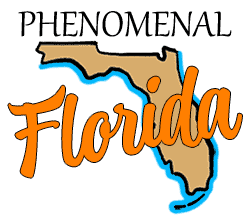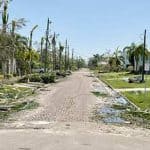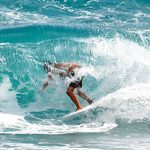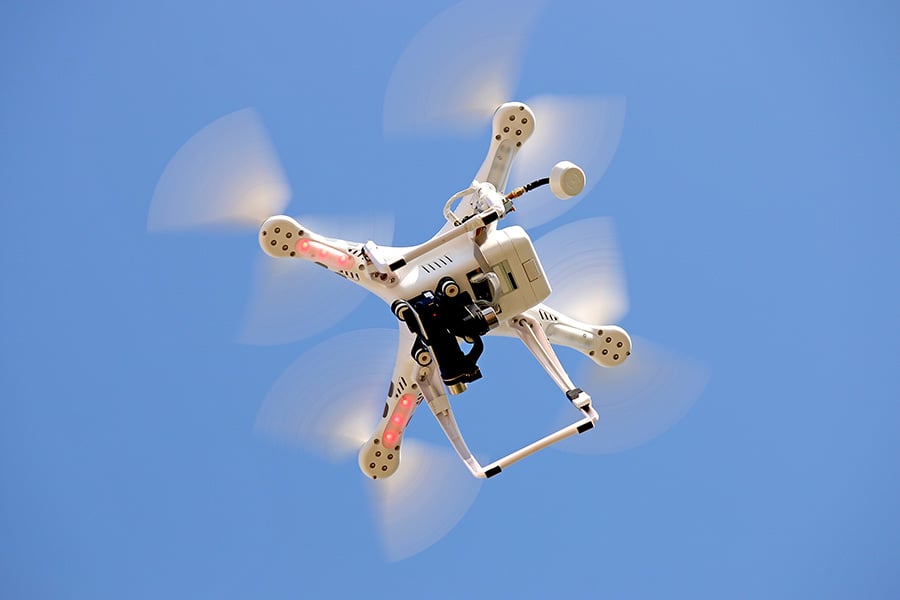
Flying a drone can be an exciting and entertaining way to see the sights. Modern drones allow you to get amazing aerial photos of things like beaches, cityscapes, and even large family gatherings. But, do you need a license to fly a drone in Florida?
In Florida, recreational drone flyers don’t need a license but must pass a free online safety test (TRUST); commercial drone flyers must get a certificate (Part 107) from the Federal Aviation Administration. In addition, if your drone weighs more than 249 grams, you must register it.
So, where can you fly drones? Are they allowed in Florida state parks, residential neighborhoods, or on the beach? Can you operate your drone at night? What if you live near an airport? As you continue reading, you will discover the answers to these drone questions and more.
Unmanned Aerial Friends
When thinking about drones, you might think of giant, expensive, crazy drones, like the Predator drones used by the military or the huge camera drones used by professional sports broadcasters. But the miracles of modern technology have enabled drones to shrink. As a result, drones nowadays can weigh less than a pound and can cost less than $500! But despite their growing popularity, drones are still something of a mystery to many of us.
In the United States, aircraft operations are governed by the Federal Aviation Administration (FAA). By their nature, airspace and air travel are challenging for local authorities to manage. While local authorities can impose restrictions on some types of aircraft operations, the FAA is the primary regulatory authority for operating any kind of flying machine in the United States. As such, drones are regulated by the FAA.
FAA Regulations
In a departure from the traditionally byzantine and glacial nature of the federal government, the FAA has recognized that drones are becoming more popular with the general public and responded in a relatively reasonable way. Most importantly to us, the FAA distinguishes between recreational and commercial drone operators.
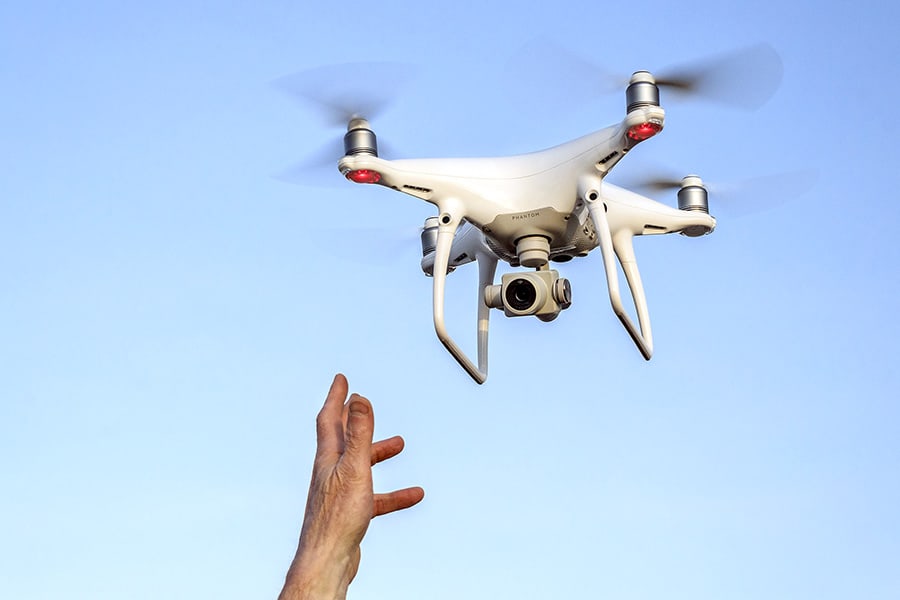
A recreational drone operator is someone who flies their drone solely for the fun of it. Any other purpose – inspecting a roof, taking pictures to sell your house, taking footage or photos for a sports team or a non-profit, or even participating in a search-and-rescue operation – is considered commercial use by the FAA and requires drone operators to have a certificate under Part 107.
These rules may seem stringent, and unfortunately, the FAA is not usually known for its flexibility and understanding. Even if you’re looking at your roof for your own edification, helping out a neighbor, or selling your house independent of a realtor, the FAA would likely consider these activities “commercial use.” Check with your local Flight Standards District Office (FSDO) if you’re not sure.
If you decide to get your Part 107 certificate, you’ll need to know basic principles of airspace and airmanship, basic rules and regulations, and some minor science and meteorology. The exam costs $175. The exam might sound a little scary, but it is well within the average person’s capabilities to get their Part 107 certificate.
Either way, you must follow basic safety rules and respect the privacy of others.
If you fly for fun and fun only, you do not need a license to operate a drone. You do, however, need to do the following things:
- Obtain a TRUST certificate. Getting the certificate is a completely free process that requires you to take a quick online test. The FAA has a list of sites where you can get your free certificate. You should keep your certificate on you in case an FAA agent or law enforcement officer wants to see it.
- If your drone weighs in at more than 0.55 pounds (249 grams), it must be registered. Registration requires a $5 fee and is valid for three years.
- In the unlikely event that your drone weighs more than 55 pounds, it must be registered using a paper process and will need to have an N-number or a tail number, like a regular airplane.
Other Posts of Interest
- What Is The Largest Cruise Ship Port In Florida?
- Are Sturgeon Protected In Florida?
- Are There Wild Hogs In Florida?
- Can You Boat Across Florida?
Phenomenal Florida Fun Fact: The Northrup-Grumman RQ-4 Global Hawk, a military drone, can fly for up to 34 continuous hours!
Drone Safety Guidelines for Recreational Flyers
If you want to fly your drone for fun, you should follow some basic safety rules.
- If flying in controlled airspace, obtain authorization using LAANC (Low-Altitude Authorization and Notification Capability) or Drone Zone. You can do this via an app on your smartphone. Note: you can see what kind of airspace you’re in for free with services like Skyvector. If the map seems confusing, spending a few minutes learning about sectional charts will help you understand it more clearly.
- Keep your drone within line of sight. You, or a designated observer, should be able to see your drone at all times.
- Give way to manned aircraft – this includes hot-air balloons, sailplanes, small aircraft like Piper Cubs, helicopters, and commercial aircraft.
- Do not operate your drone near military installations or military equipment.
- Do not interfere with law enforcement or fire/rescue operations.
- Fly at or below 400 feet above ground level.
Are You Allowed to Fly Drones in Residential Areas?
As long as you comply with airspace rules, you can fly a drone in a residential area. It can be pretty fun to fly around the neighborhood and get a birds-eye view of your house. However, do not fly in or around traffic, and maintain a safe altitude at all times.
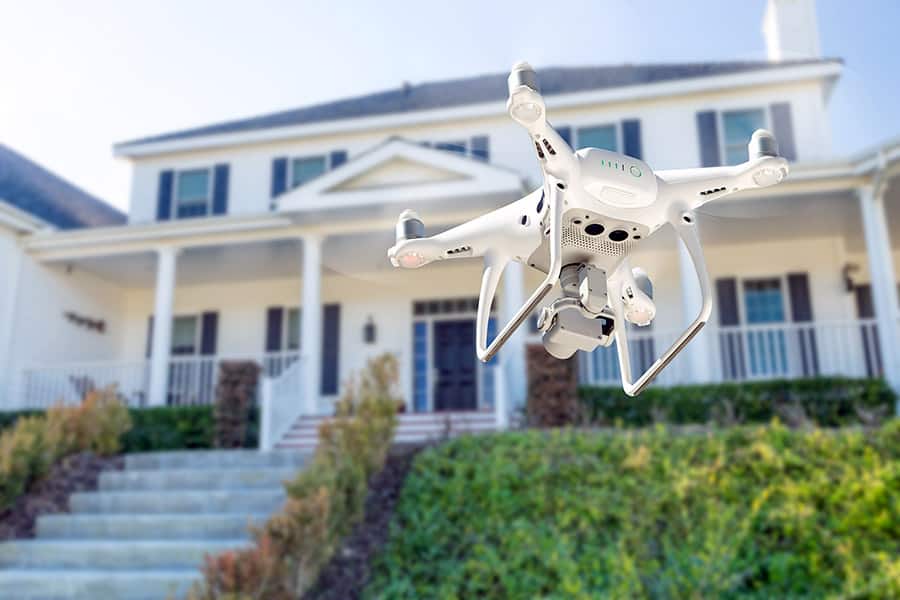
You should also be aware that some people may not be thrilled to see your drone hovering over their yard. Using your drone to observe your neighbors could be considered an invasion of privacy and could lead to contact with law enforcement. So be smart with your drone. Fly at a reasonable altitude and don’t loiter in such a way that people will feel threatened by or suspicious of your drone.
Can You Fly Drones on Florida Beaches?
You can absolutely fly your drone at the beach! You’ll get a birds-eye view of the whole beach, and you can get some great photos while you’re at it. Just remember to yield to other aircraft, such as helicopters, banner-tow planes, and sightseeing planes. Also, be aware of parasailers, kites, and birds.
Drones use electric motors that can easily become fouled or broken if sand gets into them. If you plan to fly at the beach, we recommend bringing a cooler to use as a launch/landing pad: it’ll keep your drone elevated off the sand and minimize the chances of getting sand in your drone.
Are Drones Allowed in Florida State Parks?
Drones are not allowed on state-managed lands, including state parks. This prohibition protects local nature and keeps the parks as ‘natural’ as possible. However, as cool as drones are, you have to admit it would kill the vibe a little if you were watching an awe-inspiring nature scene and some guy’s drone was hovering above you.
Are You Allowed to Fly Drones at Night?
Under FAA rules, you may fly drones at night. However, your drone must be equipped with anti-collision lighting, and you must follow all other operating rules. Flying at night can be a challenge, as it’s easy to become disoriented or lose sight of your drone, which could pose a safety hazard. That said, you can also get some super cool shots of the beach, the cityscape, or even the July 4th fireworks!
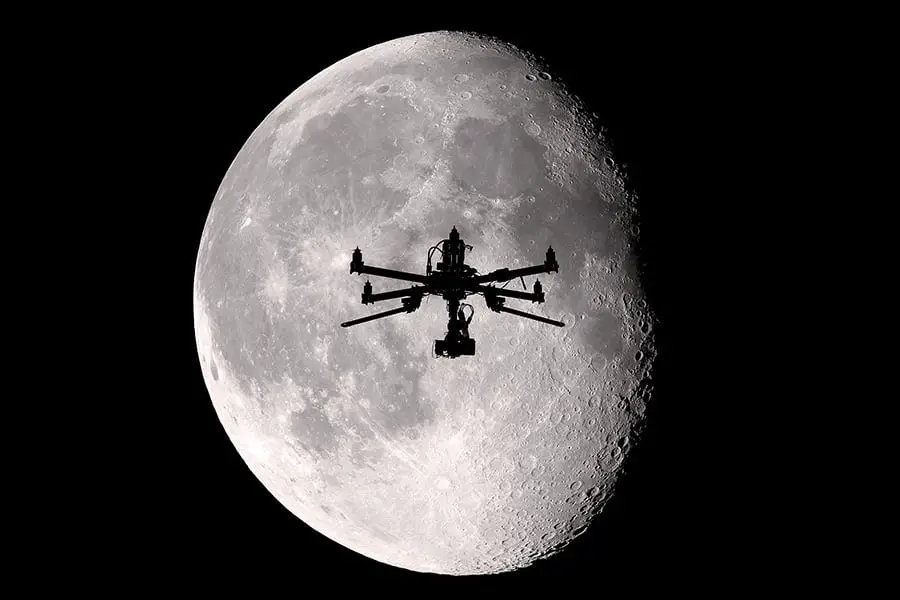
Other Places You Aren’t Allowed to Fly Drones in Florida
Not that you would, but don’t use your drone to facilitate any kind of illegal activity. Under Florida law, municipalities can impose drone ordinances related to unlawful acts like voyeurism, harassment, reckless endangerment, or other things that are already illegal.
Florida state law requires that drone operators stay clear of “critical infrastructure” and includes things like:
- Power lines.
- Power plants, especially nuclear power plants.
- Water treatment plants.
- Pipelines.
- Bridges, highways, and other transportation infrastructure.
- Railroad tracks.
- Cellular towers and radio towers.
You would be wise to use caution when operating near:
- Police stations, jails, and prisons.
- Hospitals, especially if they have helipads.
- Fire stations.
- Active emergency sites, such as fires or locations experiencing police activity.
Do not operate your drone near military facilities, such as MacDill Air Force Base or any Coast Guard facility. Likewise, do not “buzz” people, vessels, traffic, or animals.
Florida law also offers protections for private property owners. So if you are curious what’s going on in that extensive section of posted land, or if you’re just wondering exactly how big that gated estate up the road is, don’t do it.
Droning On…
Drones are fun. Modern drones are pretty easy to operate and usually come with a control pad that uses your smart device as a screen. They’re surprisingly affordable and quite nimble. Even a relatively inexpensive quadcopter can provide hours of entertainment while letting you see the world in a whole new way.
We don’t mean to drone on and on, but we just know that once you enter into the fun and fascinating world of unmanned aerial vehicles, you’ll find yourself enamored of this engaging and exciting hobby. In addition, flying drones is far less expensive than getting a traditional pilot’s certificate, and while you do have to have a safety certificate, you do not need a special license to operate a drone in Florida.
Once you pass your free safety exam, you can take your drone with you to the beach, to the park, or even to the office to take a flight on your lunch break. So take your safety course, grab yourself a drone, and go hit the skies.
